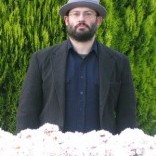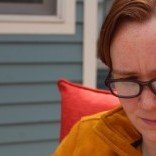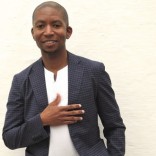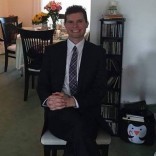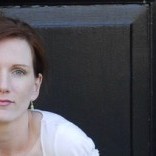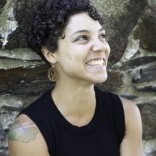The Biker
Mary Ann McSweeny
In the stealth of the night on cold porcelain, under the severe fluorescent lights of the Prep Room, the embalmer pierces, drains, and plugs to slow the inroads of flesh-eating bacteria. He dresses the dead biker in jeans, t-shirt, and leather jacket. The embalmer’s knack for cosmetic work always makes the family nod and say in gratitude, “He looks like himself.”
This case is different. The embalmer doesn’t have a beard to replace the one the biker lost to chemo. The biker doesn’t look like himself, and everyone feels it.
The biker’s aunt has stepped up to take final care of her orphaned nephew, too young to die, only forty-nine. She carries the responsibility in loco parentis to bury her nephew in a manner that at once honors traditional American burial customs and celebrates his biker avocation. With dignity, with an old-fashioned sense of hospitality, she is quietly adamant. The biker’s friends must feel welcome. They must know they are in the right place when it comes time to pay their respects.
He must have a beard.
She cajoles, insists, and finally persuades one of the biker’s nieces, a makeup artist at a Boston movie studio, to provide one. In a hurry, but with good grace, the niece rushes to the funeral home after work on Friday. It’s already dark, and the stillness of death is louder than a movie set. She works against time: the wake’s in the morning, and a realistic beard isn’t laid in an hour. She snips, epoxies, checks the photo again and again to make sure the beard is believable. She touches up her uncle’s makeup, steps back, and considers her work.
Her uncle looks like himself.
Tattoos, leather vests, army-boots, muscle shirts, and real beards spill out onto the funeral parlor lawn. The bereaved mount their bikes to escort their dead brother on one last ride before his burial.
The Saturday morning quiet quivers, fractures, shatters with the rumbling, revving lamentation of a dozen, three dozen, a hundred Harleys and Hondas. The bikers exercise a delicate control as they keep their machines reined in to form a shining metal processional on the road outside the funeral home. A gleaming blue and silver monster Harley has pride of place in the driveway.
A wooden wagon, a humble version of a hearse, is attached to the Harley with a hitch. The wagon will carry the casket so the biker can tour the town with his biker family—as he did in life—in the open air.


